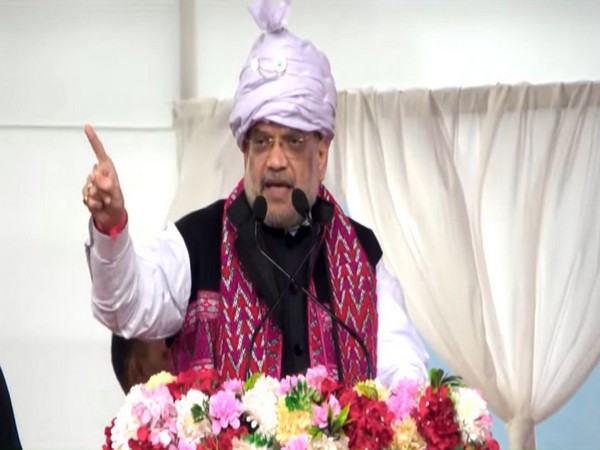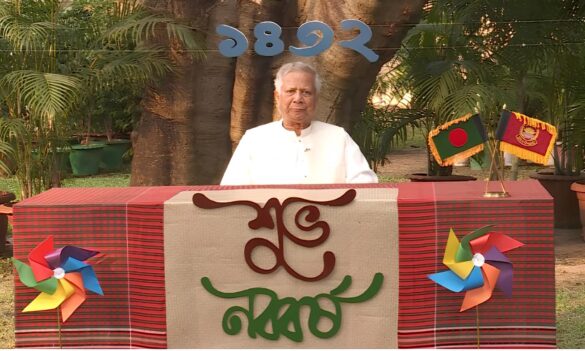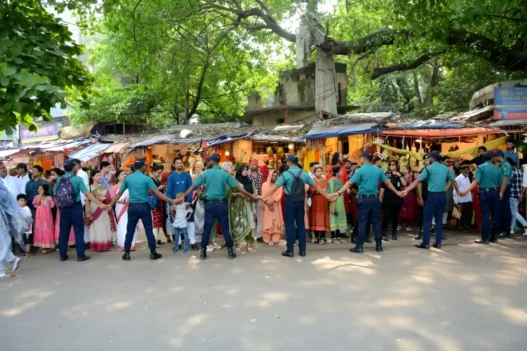Union Home Minister Amit Shah, during a lecture on ‘Security Beyond Tomorrow: Forging India’s Resilient Future,’ reiterated the Indian government’s commitment to maintaining cordial relations with all nations while firmly safeguarding its borders and ensuring the safety of its citizens. Shah emphasised that while fostering friendly ties with other countries remains a priority, there will be no compromise on India’s territorial integrity and the well-being of its people.
He underscored the significant strides made in bolstering both external and internal security over the past decade under Prime Minister Narendra Modi’s leadership. Shah credited the government’s proactive measures in enhancing India’s security apparatus, aligning with PM Modi’s vision to fortify the nation against present and future challenges.
Shah criticized previous administrations for pursuing an “appeasement” policy, which, he argued, had exacerbated internal security issues, particularly in regions such as Jammu and Kashmir, the Northeast, and areas affected by Left Wing Extremism (LWE).
However, he asserted that the Modi government had effectively addressed these security hotspots, transitioning them into zones of development and progress. Shah highlighted the eradication of organized stone-pelting incidents in Jammu and Kashmir, which had claimed numerous lives and caused widespread injuries before the government’s intervention.
The Home Minister also lauded the enactment of three new criminal justice laws, positioning India’s legal framework among the most advanced globally. Addressing concerns surrounding the revocation of Article 370 and Article 35A, Shah pointed out the absence of any violent unrest following these constitutional amendments, showcasing the government’s adept handling of sensitive issues.







